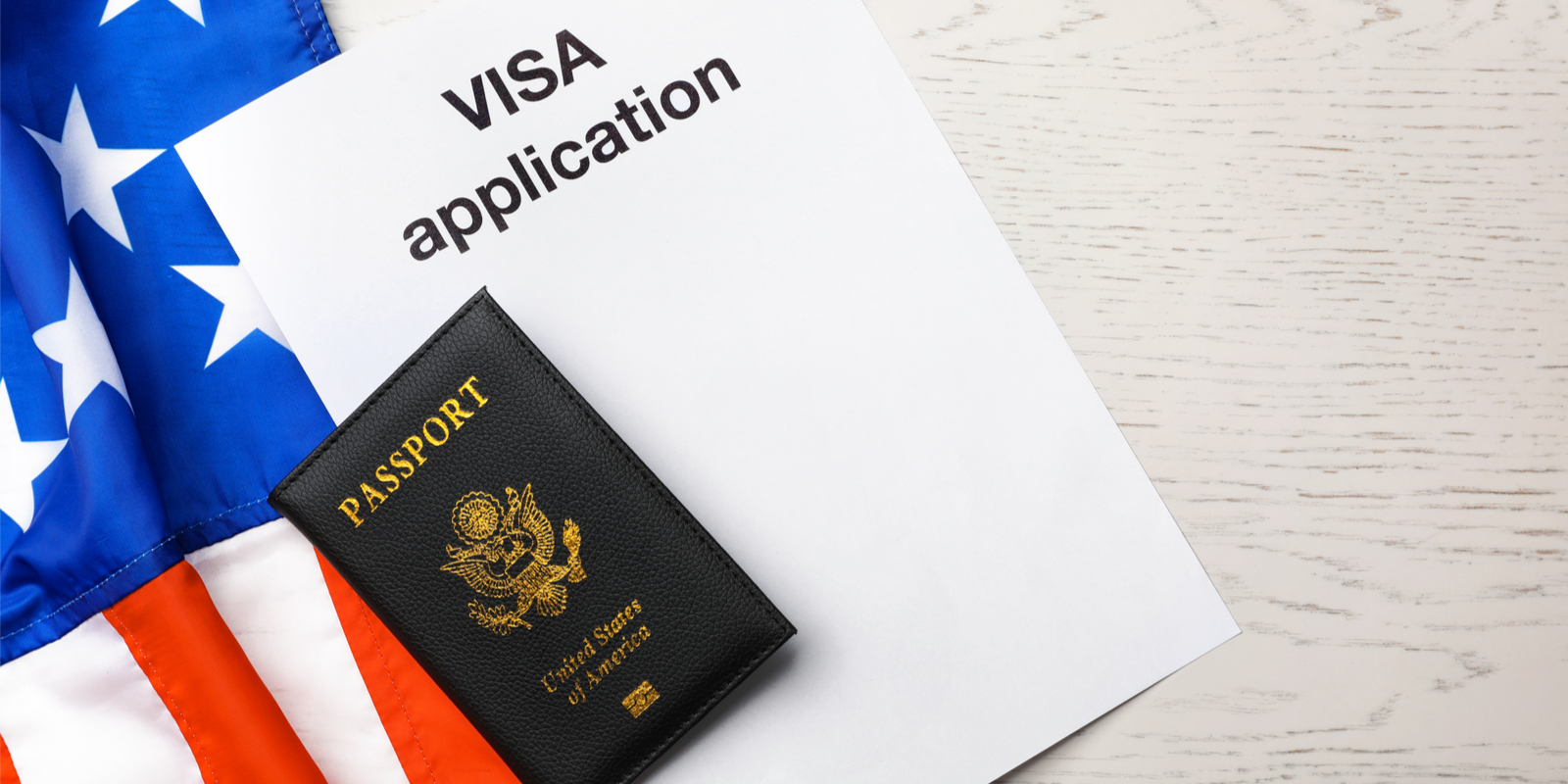Federal policies on immigration have experienced major events and policy announcements in the last three years. The most recent changes have focused on restrictions on visas for immigrants who seek to work in the United States temporarily. These new restrictions were part of the response to the COVID-19 pandemic and resulting in high unemployment numbers in the U.S. Many immigrants are now asking themselves “Can I work in the US if I’m not a citizen?”
The answer depends on your circumstances. But you may be eligible to work in the U.S. even if you aren’t a U.S. citizen or lawful permanent resident. Here are the details that you should know about the visa restrictions and whether they affect your ability to work in the U.S. explained below.
Current Visa Restrictions Due To COVID-19
The first proclamation suspended entry to the United States was announced in April and then extended through December 31, 2020, by an extension made in June. The proclamation is applicable to those who:
- Are not in the United States on the effective date of the proclamation
- Do not possess a valid visa as of the effective date of the proclamation
- Do not possess an official travel document other than a visa (transportation letter, advance parole document, appropriate boarding foil) that is valid on the effective date of the proclamation or issued on a data afterward which permits them the ability to travel to the U.S. and seek admission or entry
The visas that are included in these restrictions include L-1 visas (intracompany transfers), H-1Bs (specialty workers), and H-4 visas (spouses), H-2Bs (temporary non-agricultural workers), and most J-1 visas (exchange visitors)
These proclamations don’t apply to lawful permanent residents, the children or spouses of a U.S. citizen, those who work in the food supply chain, and those “whose entry would be in national interest.”
Working And Living In The US With A Green Card
For individuals who have obtained a green card, known as the Permanent Resident Card, you can work in the U.S. The bearer of a green card has been granted the privilege of residing in the U.S. permanently. Green card holders are eligible for citizenship to the U.S. and can also serve in the U.S. Armed Forces.
There are no exceptions or rules as to what type of jobs you can take as a green card-holder. Since those who have obtained their green card are considered permanent residents, they can travel in and out of the U.S. freely. However, an individual who spends a limited period of time in the U.S., living in another country more often could be grounds to be denied entry to the U.S. during a trip back or the green card being revoked.
Visas For Individuals Temporarily Visiting The US
There are eleven visa categories for temporary workers that an individual may obtain to work in the U.S. These include:
- H-1B – Person in Specialty Occupation
- H-1B1 – Free Trade Agreement (FTA) Professional
- H-2A – Temporary Agricultural worker
- H-2B – Temporary Non-agricultural worker
- H-3 – Trainee or Special Education visitor
- L – Intracompany transferee
- O – Individual with extraordinary ability or achievement
- P-1 – Individual or team athlete or member of an entertainment group
- P-2 – artist or entertainer (can be an individual or part of a group) as part of a reciprocal exchange program between two organizations, one that exists in the U.S. and the other in another country
- P-3 – artist or entertainment (can be an individual or part of a group)
- Q-1 – participant in an International Cultural Exchange Program
The visa categories that are affected by the proclamation are H-1B for skilled workers, L, H-2B visas for seasonal workers, and J visas. The exchange visitor (J) visitor is a visa that is given for cultural exchange and includes teachers, camp counselors, etc. that are participating in a summer work travel program.
Work Visa Application Process
If you are applying for a work visa that is not affected by the proclamation, you must follow the specific to the visa you seek. For example, to apply for a P3 visa, a U.S. employer must sponsor your visa. They are responsible for filing the USCIS Form I-129. Once their petition has been approved, you can apply for the P3 visa at the American Consulate office in your home country. It is important to follow the specific application process outlined for the work visa for the best results.
Enlist Legal Help For Applying For A Work Visa Or A Green Card
During these uncertain times, you may feel stressed by the process of applying for a work visa or a green card. Our professional staff will use our expertise to take all the necessary steps for your case. Contact us to learn more about working with our legal immigration today.
Beeraj Patel, Esq.
Latest posts by Beeraj Patel, Esq. (see all)
- Transitioning to Permanent Residency Through Adjustment of Status for Asylum Seekers - April 14, 2025
- What to Do If Your Employer Withdraws Support During the Green Card Process - March 31, 2025
- How a Green Card Attorney Can Help with Complex Immigration Cases Involving Family Separation - March 17, 2025
